New research reveals fascinating links between thoughts and immunity.
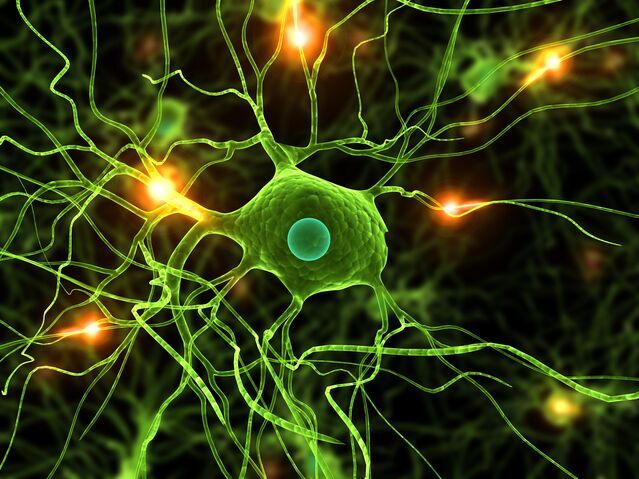

The stem cell treatment is derived from human placentas and is being developed by New Jersey biotech company Celularity. The early-stage trial will include up to 86 coronavirus patients with symptoms who will receive infusions of the stem cell therapy to assess the its safety and whether it prevents the patients from developing more severe illness, The New York Times.
The stem cells from the placenta used in this treatment are “natural killer” cells that guard a developing fetus or newborn from viruses in the mother. Celularity has been testing this treatment approach in cancer patients.
Initial results from the early trial are expected 30 to 60 days after the first patients receive their dose, Dr. Robert Hariri, Celularity’s founder and chief executive, told The Times.
Ira Pastor, ideaXme life sciences ambassador and founder of Bioquark, interviews Dr. Robert Hariri, MD, PhD, surgeon, bio-medical scientist and highly successful serial entrepreneur in two technology sectors: bio-medicine and aerospace.
Dr. hariri utilizes biomedicine to aid human longevity:
Dr. Hariri is Chairman, Founder, and CEO, of Celularity, Inc., a clinical-stage cell therapeutics company developing allogeneic cellular therapies, engineered from the postpartum human placenta, in cancer immuno-therapy and functional regeneration, which recently got initial clearance from the U.S. Food and Drug Administration (FDA) to begin early-stage clinical trials on a potential treatment for Covid-19.
Dr. Hariri is also Co-Founder and Vice Chairman, of Human Longevity, Inc., a company merging extensive amounts of human genotype and phenotype data with machine learning, so that it can help develop new ways to fight diseases associated with aging.
Dr. Hariri served as Chairman, Founder, Chief Scientific Officer, and Chief Executive Officer of Celgene Cellular Therapeutics (acquired by Bristol Myers Squibb), one of the world’s largest human cellular therapeutics companies, where he pioneered the use of stem cells to treat a range of life threatening diseases and has made transformative contributions in the field of tissue engineering.
Recognition, Awards and Accolades:
US President Barack Obama called the Ebola outbreak in West Africa a threat to global security on Tuesday and broadly expanded the US response by ordering thousands of troops to the region along with an aggressive effort to train health care workers and build treatment centres.
He called on other countries to quickly provide more helpers, supplies and money.
“If the outbreak is not stopped now, we could be looking at hundreds of thousands of people affected, with profound economic, political and security implications for all of us,” Obama declared after briefings at the Centers for Disease Control and Prevention in Atlanta.
Obama acted under pressure from regional leaders and international aid organisations who pleaded for a heightened US role in confronting the deadly virus, especially in the hardest-hit countries of Liberia, Sierra Leone and Guinea.
“In West Africa, Ebola is now an epidemic,” Obama said.
“It’s spiralling out of control, it is getting worse.“
The stepped-up US response includes sending 3,000 troops to the region, including medics and corpsmen for treatment and training, engineers to help build treatment facilities and logistics specialists to assist in patient transportation.
Obama also announced that Major General Darryl Williams, head of US Army Africa, will head a military command centre based in Liberia.
The announcement came the same day the World Health Organisation warned that the number of West African Ebola cases could begin doubling every three weeks and that the crisis could end up costing nearly 1 billion US Dollars to contain.
Nearly 5,000 people have become ill from Ebola in Liberia, Sierra Leone, Guinea, Nigeria and Senegal since it was first recognised in March.
The World Health Organisation says it anticipates the figure could rise to more than 20,000.
Obama described task ahead as “daunting” but said what gives him hope is that “the world knows how to fight this disease.“
You can license this story through AP Archive: http://www.aparchive.com/metadata/youtube/045def289101ceb2e47170324839d408
Find out more about AP Archive: http://www.aparchive.com/HowWeWork
‘If we wait for a pandemic to appear, it will be too late to prepare’ — George W. Bush warned about getting ahead of something like COVID-19 way back in 2005.
» Subscribe to NowThis: http://go.nowth.is/News_Subscribe
» Sign up for our newsletter KnowThis to get the biggest stories of the day delivered straight to your inbox: https://go.nowth.is/KnowThis
In US news and current events today, listen to Pres. Bush urgently stress the importance of being prepared for a pandemic back in 2005. In this clip, Pres. George W. Bush addressed the Nat’l Institutes of Health about having a game plan to fight future pandemics. Pres. Bush was reportedly alarmed after reading a history book about the 1918 flu pandemic where millions had died. Out of that interest came a grand outline for future administrations to follow in response to a global pandemic.
Listening in the audience that day was Dr. Anthony Fauci, dir. of the Nat’l Institute of Allergy and Infectious Diseases and current leader in the fight against COVID-19 today.
For the latest coronavirus news and COVID-19 updates, subscribe to NowThis News.
#GeorgeWBush #Pandemic #Fauci News #NowThis #NowThisNews
Connect with NowThis
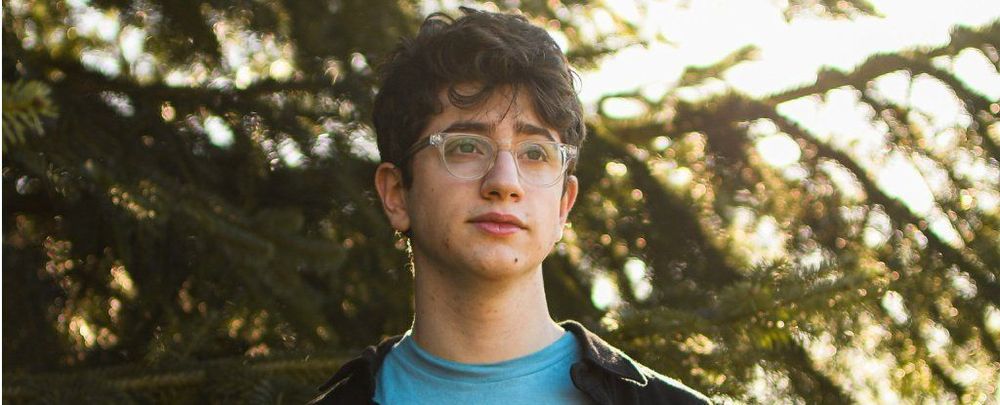
Avi Schiffmann has been procrastinating on his school work, but he has a good excuse. The 17-year-old high schooler is the creator of one of the most visited coronavirus trackers in the world, which he says now takes up “100 percent” of his free time.
The coronavirus pandemic doesn’t look like it will be over any time soon, and Schiffmann plans to continue actively tracking it until the end. As long as the site is up, he says he will keep working at it and adding new features. Once the pandemic is safely over, he’ll take the servers down, and maybe make a page that compares COVID-19 to SARS or the Spanish flu. He thinks it might be a historical piece on the coronavirus people can look back on.
Avi Schiffmann’s coronavirus tracker is a one-stop shop for all the information about COVID-19 the average person might want to know. It constantly updates with statistics for countries around the world on infections, deaths, recovered, and rates of change using data scraped from the WHO, CDC, and other government websites.
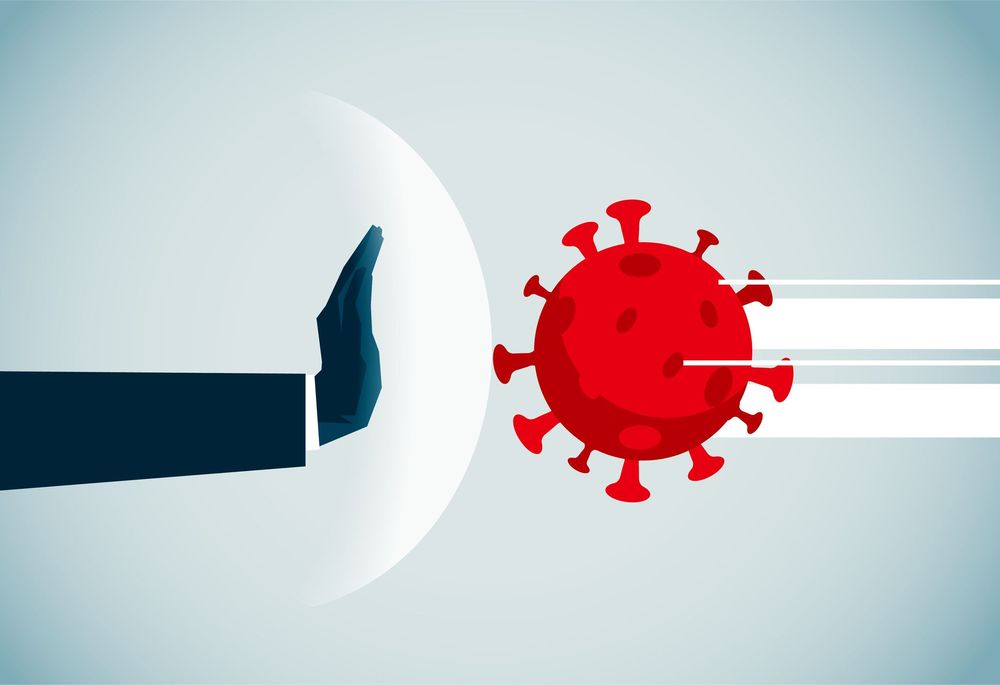
Therapeutics company Sorrento has made what it believes could be a breakthrough in potential treatment of SARS-CoV-2, the virus that leads to COVID-19. The company released details of its preclinical research on Friday, announcing that it has found an antibody that provides “100% inhibition of SARS-CoV-2 virus infection of healthy cells after four days incubation.” The results are from a preclinical study that still has to undergo peer review. It was an in vitro laboratory study (meaning not in an actual human being), but it’s still a promising development as the company continues to work on production of an antibody “cocktail” that could provide protection against SARS-CoV-2 even in case of mutations in the virus.
Sorrento says it believes this antibody, which is labelled STI-1499, stood out among billions of candidates it has been screening from its extensive human antibody library for its ability to completely block the interaction of the SARS-CoV-2’s spike protein with a human cell target receptor. That means it prevents the virus from attaching to the host’s healthy cell, which is what leads to incubation and infection.
The nature of the antibody’s efficacy means that Sorrento currently believes it will be the first antibody to be included in the cocktail it is developing, which will be made up of a large number of different antibodies that show efficacy in blocking the attachment of the spike protein, in order to provide multiple avenues of protection that are designed to remain effective even if the virus mutates in transmission from person to person, or within the same individual. One of the big outstanding questions that researchers are working on answering currently is just how mutagenic SARS-CoV-2 actually is, as many coronaviruses like the common cold show a tendency to mutate pretty quickly, rendering long-lasting cures and treatments difficult to develop.
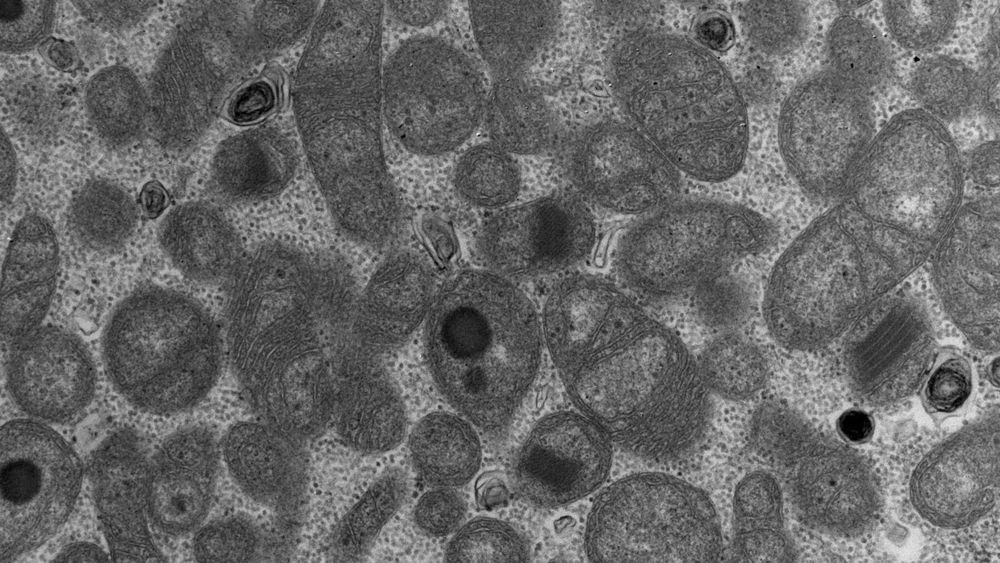
An international team of scientists, led by University of Helsinki reported that vitamin B3, niacin, has therapeutic effects in progressive muscle disease. Niacin delayed disease progression in patients with mitochondrial myopathy, a progressive disease with no previous curative treatments.
Vitamin B3 forms have recently emerged as potent boosters of energy metabolism in rodents. These vitamins are precursors for NAD+, a molecular switch of metabolism between fasting and growth modes.
As fasting has been shown promote health and longevity in for example mice, a variety of “NAD boosters” are being developed. However, whether actual NAD+ deficiency exists in human disease, and whether NAD+ boosters could have curative effects in patients with degenerative diseases, has remained elusive.
Science’s dream of creating perfect custom organs on demand as soon as a patient needs one is still a long way off. But tiny versions are already serving as useful research tools and stepping stones toward full-fledged replacements.
The Lowdown
Australian researchers have grown hundreds of mini human kidneys in the past few years. Known as organoids, they function much like their full-grown counterparts, minus a few features due to a lack of blood supply.
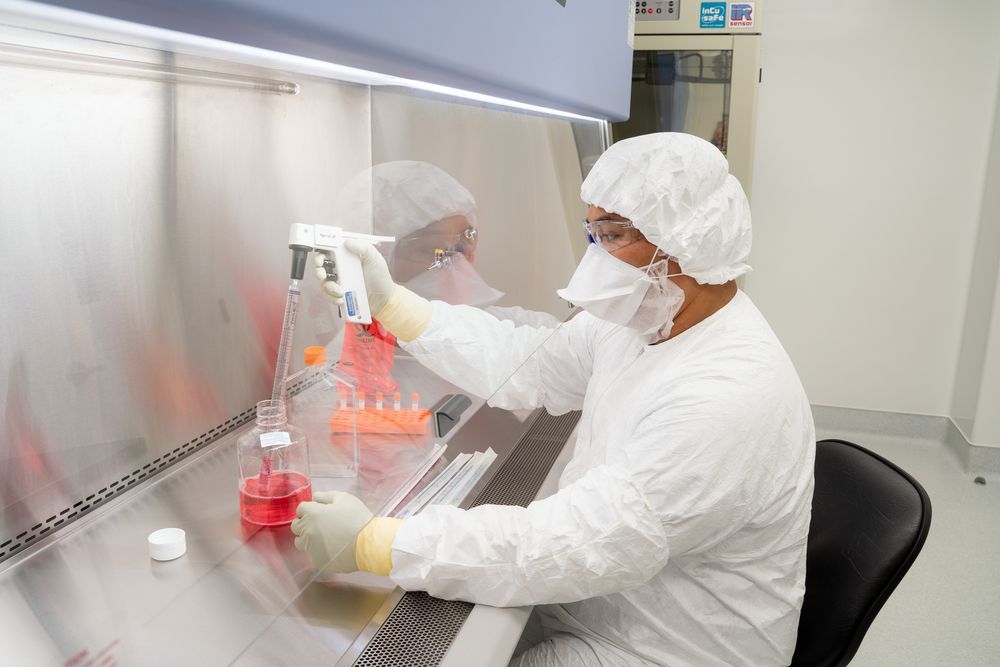
Get all the latest news on coronavirus and more delivered daily to your inbox. Sign up here.
EXCLUSIVE — A California-based biopharmaceutical company claims to have discovered an antibody that could shield the human body from the coronavirus and flush it out of a person’s system within four days, Fox News has exclusively learned.
Later Friday, Sorrento Therapeutics will announce their discovery of the STI-1499 antibody, which the San Diego company said can provide “100% inhibition” of COVID-19, adding that a treatment could be available months before a vaccine hits the market.